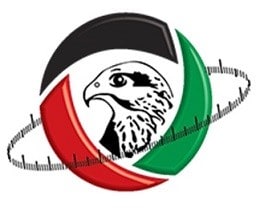Certification requirements for PPE continue to grow
BSI has been testing and certifying Personal Protective Equipment (PPE) for over 40 years. In this time, we’ve seen quite a number of changes from the introduction of CE marking in 1985 to the new requirements recently introduced in the UAE.
So what’s driving this trend? Regulatory authorities claim that the rise in international supply chains, globalization and the need to protect people, ensure product safety, maintain quality and ultimately build trust has never been greater. Local conformity assessment schemes can help them to do this.
However, manufacturers, distributors and exporters tell us that keeping on top of these “new rules” can be a challenge. What’s more, the risk of non-compliance has become an increasingly major concern in recent years, particularly for manufacturers with operations in multiple countries and jurisdictions.
The good news is that with over 100 years of industry experience our team of PPE certification experts can work with clients, no matter where they are located, to ensure they meet the needs of these conformity assessment schemes.
New rules for the UAE
For manufacturers, and importers or distributors of PPE to the UAE, there are new rules to be aware of. BSI is a notified body for ESMA (the Emirates Body for Standardization and Metrology) for provision of ECAS certification which is now mandated throughout the Emirates.
The ESMA certification schemes are implemented under Federal Law 28 and BSI are approved under the guidelines of the scheme to provide certification for the following categories of product:
- Low voltage equipment and appliances
- Personal Protective Equipment (PPE)
- Electrical water heaters
- Restriction of hazardous substances’ regulations
- Gas hobs and cooking ranges




